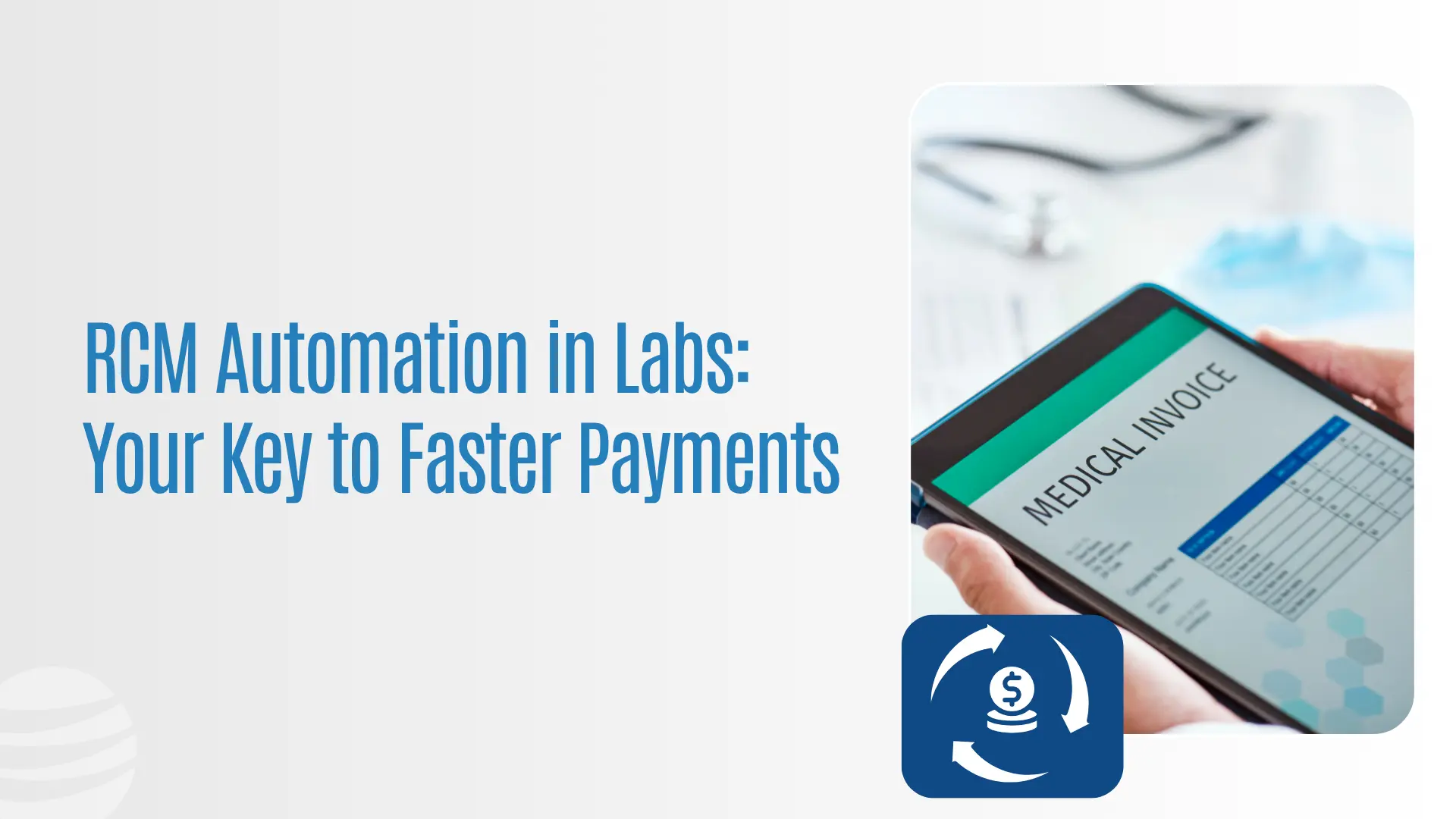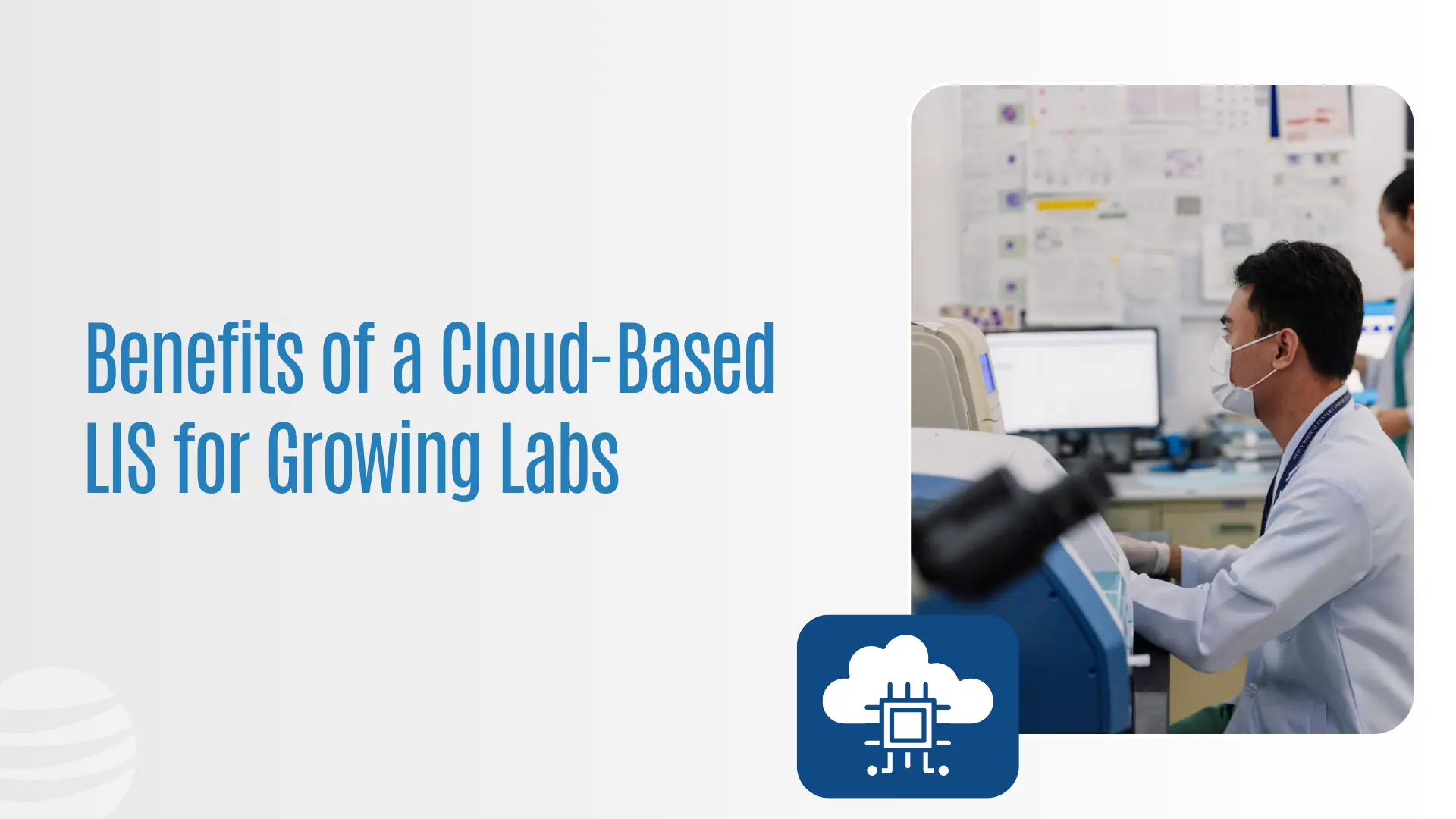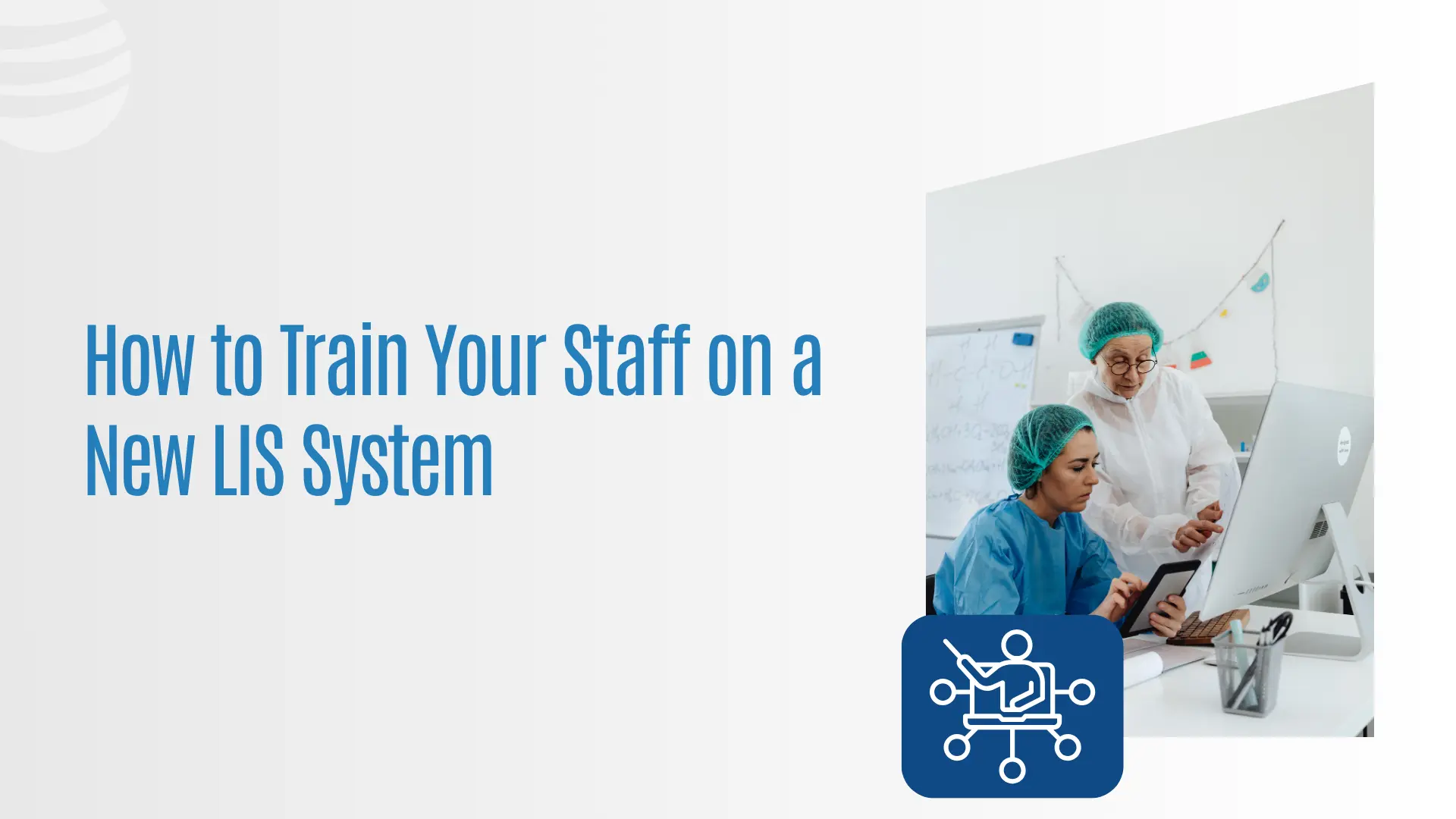

In today’s digital age, securing sensitive data is paramount, especially in laboratory settings where valuable information is constantly generated and analyzed. This article delves into the significance of Laboratory Information System (LIS) Software in ensuring the security of lab data. We will explore the multifaceted roles of LIS software, addressing common concerns and providing insights to help laboratories maintain data integrity and confidentiality effectively.
Securing Your Lab Data: The Role of LIS System
Laboratory Information System (LIS) Software plays a pivotal role in safeguarding lab data. It acts as a centralized platform that integrates various laboratory processes, including sample tracking, result recording, and data analysis. By employing advanced encryption techniques and stringent access controls, LIS software ensures that only authorized personnel can access sensitive data, thereby reducing the risk of unauthorized breaches.
Importance of Data Encryption in LIS Software
Data encryption is a fundamental aspect of securing lab data. Modern LIS software utilizes robust encryption algorithms to convert sensitive information into unreadable code. This encrypted data is virtually impossible to decipher without the appropriate decryption key, providing a strong defense against unauthorized access and data theft.
Access Control Measures in LIS Software
Effective access control is crucial for maintaining data confidentiality. LIS software allows laboratories to implement role-based access control, ensuring that each user has specific permissions based on their responsibilities. By limiting access to relevant data, laboratories can prevent unauthorized personnel from tampering with critical information.
Audit Trails and Monitoring Capabilities
LIS software includes features like audit trails and real-time monitoring, enabling laboratories to track every action performed within the system. These audit trails provide a detailed history of data access, modifications, and deletions, allowing administrators to identify and investigate any suspicious activities promptly. Real-time monitoring ensures that any unusual activities trigger immediate alerts, allowing quick response to potential security threats.
Integration with Security Protocols
LIS software integrates seamlessly with various security protocols and standards, such as HIPAA (Health Insurance Portability and Accountability Act) and GDPR (General Data Protection Regulation). Compliance with these regulations is essential for healthcare-related laboratories, ensuring that patient data is handled with utmost care and in accordance with legal requirements.
Securing Your Lab Data: The Role of Laboratory Information System (LIS) Software is indispensable in today’s data-driven world. By employing advanced encryption, access control measures, audit trails, and compliance with security standards, laboratories can protect sensitive data from unauthorized access and breaches. Embracing LIS software not only ensures data security but also enhances operational efficiency, allowing laboratories to focus on their core research and analysis activities.


